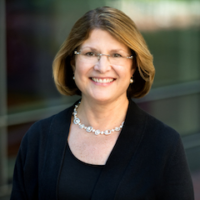Expanding the Pipeline: The 2019 ACM Richard Tapia Celebration of Diversity in Computing Conference
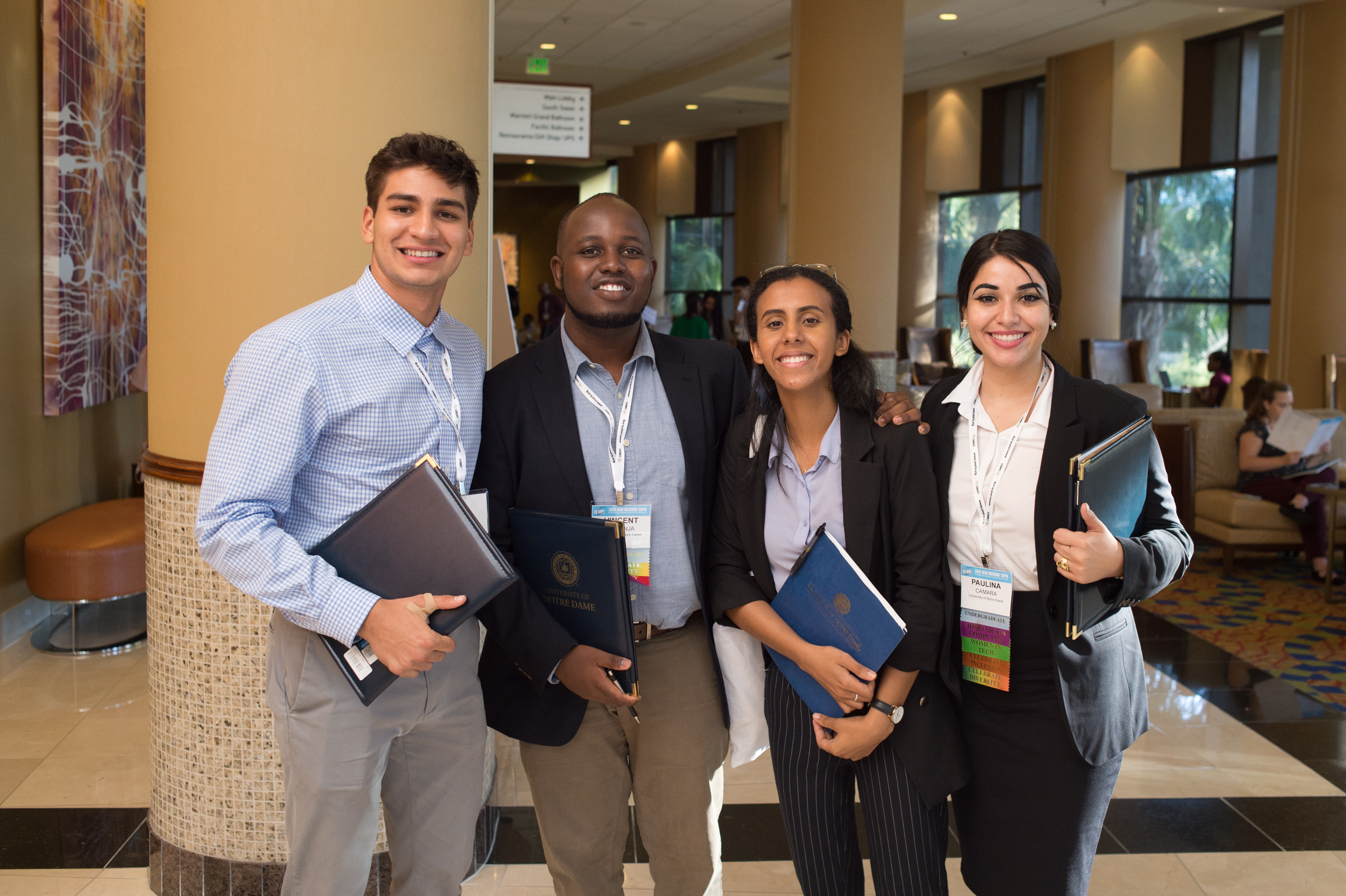
Tapia Attendees
The 2019 ACM Richard Tapia Celebration of Diversity in Computing Conference, presented by CMD-IT, took place at the Marriott Marquis San Diego Marina on September 18-21. This year’s theme, “Diversity: Building a Stronger Future” reminded the participants of the critical role of diversity in computing innovation and the creation of the future of all aspects of STEM. Engaging a diverse workforce will result in solutions that benefit everyone and create a stronger, brighter future:
- A Stronger Future for Innovation: Providing innovative technology that arises from diverse perspectives with key insights to create unique solutions to challenging problems.
- A Stronger Future for Knowledge: Bringing together diverse disciplines – science, engineering, and computing to create new technologies to solve unique problems.
- A Stronger Future for Communities: Creating new technology to enrich and enhance the growth of diverse communities.
- A Stronger Future for Life: Engaging diverse groups in the creation of technology provides the opportunities for everyone to improve the world.
The 2019 Tapia Conference broke records with 1,920 attendees, a 34% increase over 2018. The conference welcomed students from over 250 colleges and universities. Students represented 57% of conference attendees. A record breaking 134 conference sponsors representing industry, academia, government labs and nonprofits were in attendance. The conference was pleased to welcome Qualcomm as its first Diamond sponsor.
The Tapia Conference program planning was organized in conjunction with committees made up of volunteers spanning industry, academia and government. This year, the committees exceeded over 280 members. The conference was led by General Chair Joel Branch, Vice President of AI Development at Lucd, Inc and Program Chair David Martinez, Associate Head of Cyber Security and Information Sciences Division, MIT – Lincoln Laboratory. In addition to committees focused on birds of a feather sessions, posters, scholarships, and a doctoral consortium, the conference leadership created three separate workshop and panel committees: Academic, Industry/Government and Technical.
The conference featured leading technologists and tech entrepreneurs as plenary speakers, who acted as role models for the attendees. The conference kicked off with a fireside chat, Misinformation Evolved: The Long Road Ahead. This session addressed modern misinformation techniques and identified opportunities for future research and solutions. The session was moderated by General Chair Joel Branch and featured speakers Charles Isbell, John P. Imlay, Jr. Dean of College of Computing, Georgia Tech, Uthra Ramanujam, Executive Director, Software Engineering – Operations Innovation and Emerging Technology, JP Morgan Chase and Maja Vukovic, Manager, Principal Research Staff Member, Cognitive Service Management, IBM T.J. Watson Research Center.
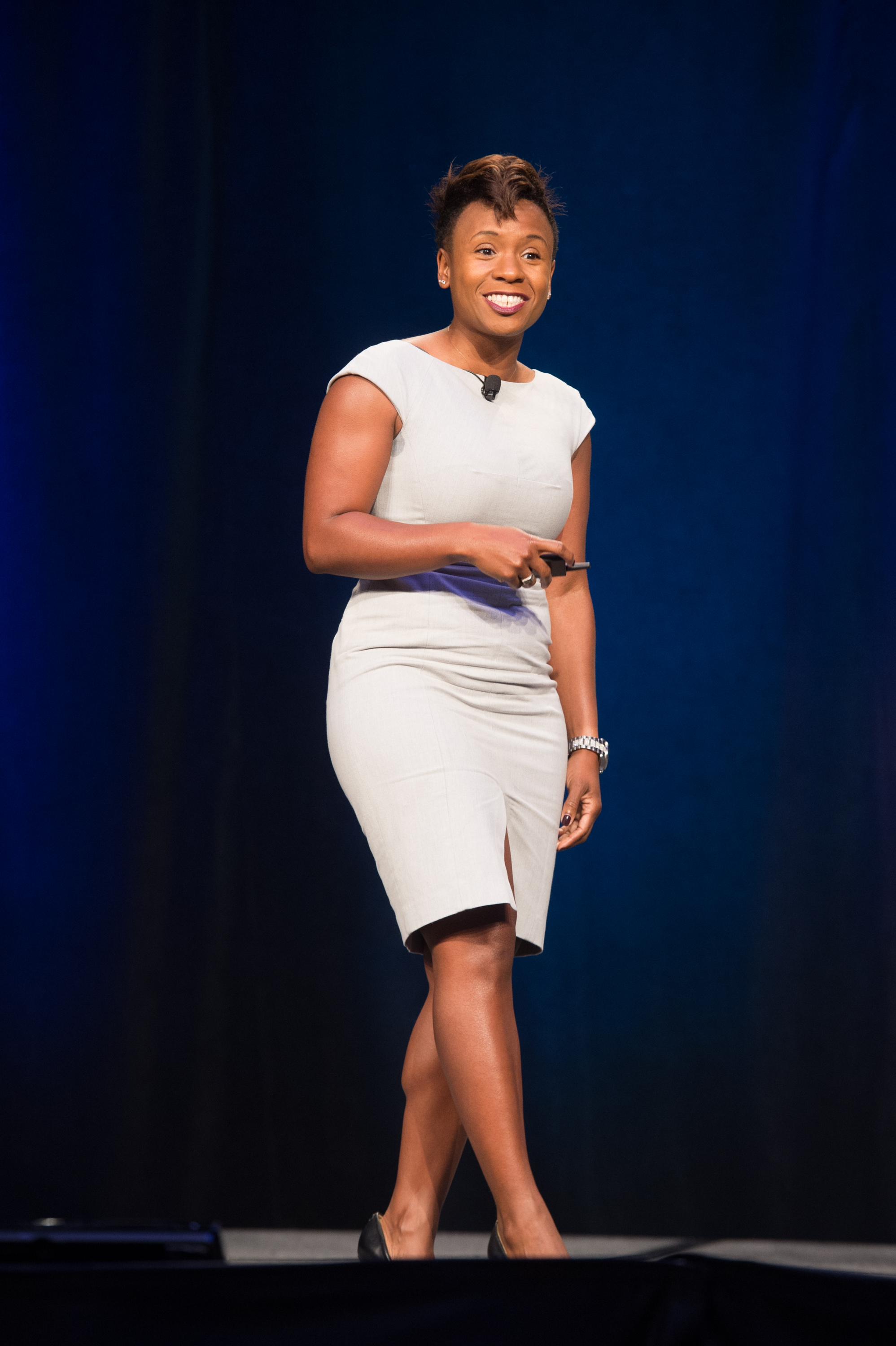
Stephanie Lampkin
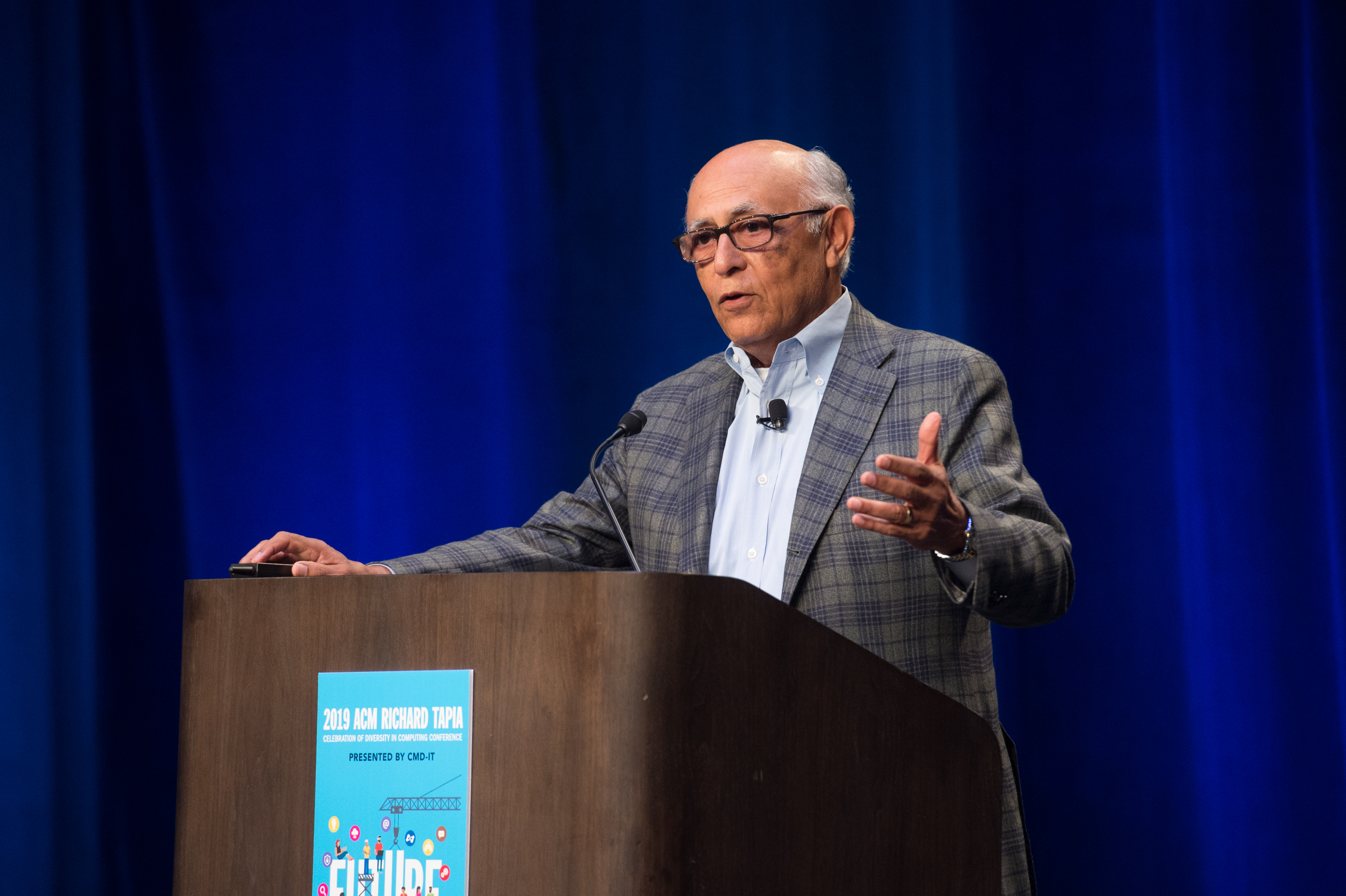
Hector Ruiz
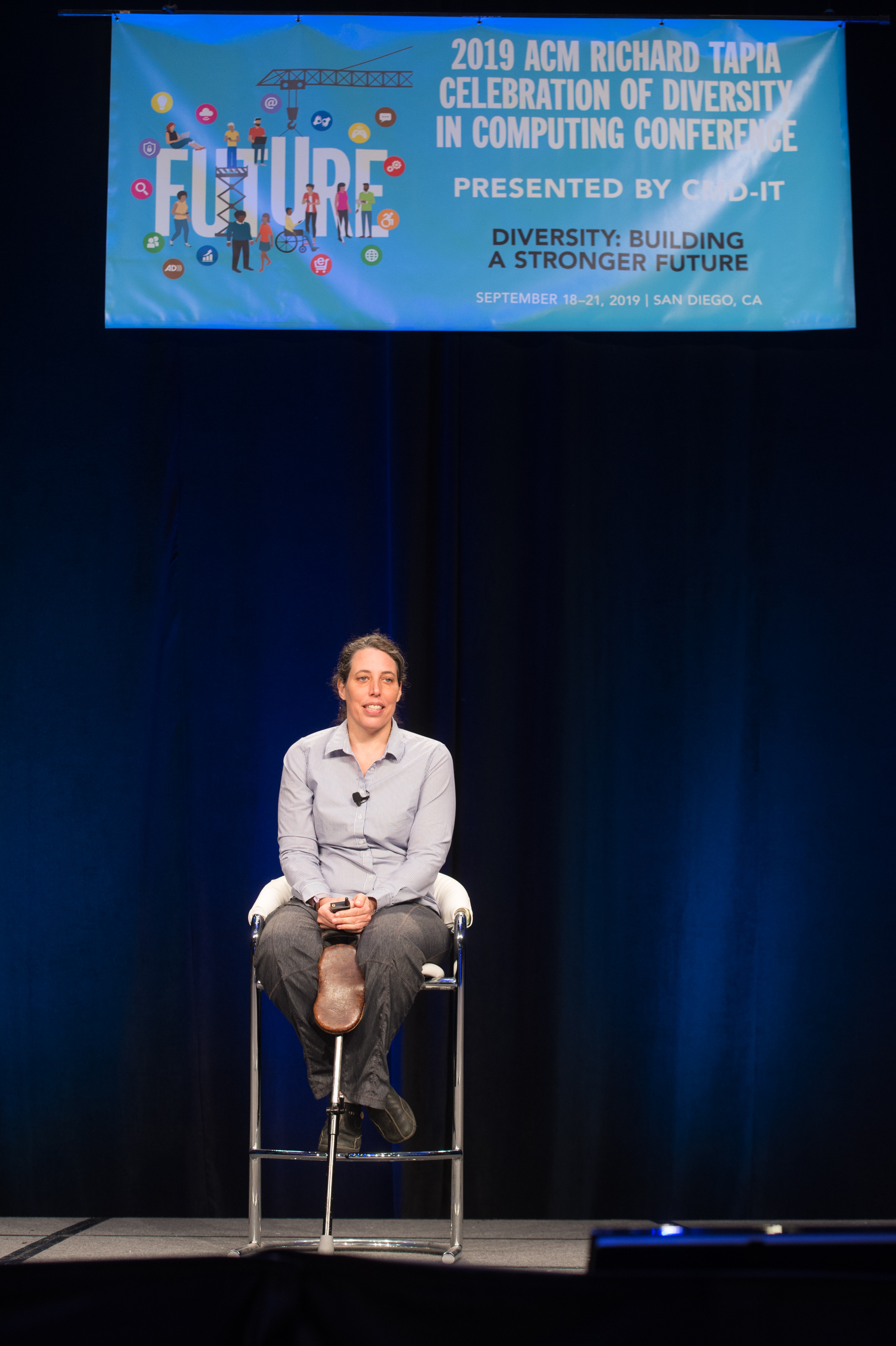
Jennifer Mankoff
The plenary speakers were:
- Stephanie Lampkin, Founder and CEO, Blendoor, is a TEDx speaker and former downhill ski racer, who has graced the cover of The Atlantic, Fortune 40 under 40, MIT Tech Review 35 under 35 and Forbes to name a few. She is the founder and CEO of Blendoor, software that mitigates unconscious bias in hiring. In her inspirational talk Hacking Human and Algorithmic Bias, Stephanie shared her personal experiences and professional insights on how to hack bias and enable emerging technologies to level the playing field instead of widening gaps.
- Hector Ruiz, Founder and Director at ANSI Capital LLC, is an accomplished chief executive and technology luminary and is driven by the idea that technology and education dramatically improve people’s lives. Dr. Ruiz delivered the Ken Kennedy Distinguished Lecture entitled Good Before Better: Building a Technology Tomorrow. His inspirational talk was focused not on what technology should be created but why. The answer to why will make the difference between a technology-rich future that elevates human potential, or one that just accelerates the status quo or worse. His talk was designed to help a new generation of innovators rise to meet the enormous risks and rewards facing them as they create the next technologies.
- Jennifer Mankoff is the Richard E. Ladner Professor, Paul G. Allen School of Computer Science and Engineering, University of Washington. Her research focuses on assistive technologies for equal access, health and wellness, and takes a multifaceted approach that includes machine learning, 3D printing, and tool building. Her talk, Making Accessibility, focused on the current revolution in how assistive technology is being created and by whom. This talk highlighted the potential of these technologies for people with disabilities, as well as the challenges that end users face in leveraging them effectively to address assistive technology issues.
On September 18, the conference featured the CMD-IT Student Professional Development Workshop, which provided undergraduate and master’s level students with best practices around resume writing, preparing for the rigors of the technical and behavioral interview process, and how to manage their social media presence. Students were also offered individual and group coaching on their resumes by representatives of industry sponsors. The DOE National Laboratories Workshop was also presented on September 18. This workshop provided students with the opportunity to learn more about the types of research performed at National Laboratories.
Birds of a feather sessions included: Hispanics in Computing, Diversity includes Disability, Black in AI, Experience of Being Queer in Computing and Academia, Increasing Diversity in Computing: A Call to Action, and A Conversation with Richard Tapia, which was moderated by CMD-IT CEO Valerie Taylor. Some of the workshops featured at the conference included: Living in a 5G ERA: Smart Cars, Smart Cities and AI, Next-Generation Secure Computer Systems: Post-Quantum Cryptosystems, and From Implicit Bias to a Stronger Future.
In addition, the Tapia Conference presented a two-part Faculty Workshop. The first part focused on securing research funding from different federal agencies. The second part featured the University of Texas at El Paso (UTEP), the winner of the CMD-IT University Award for Retention of Minorities and Students with Disabilities in Computer Science. UTEP presented their successful strategies for increasing retention.
“At UTEP, we have long recognized the importance of inclusion and equity as a means of advancing discovery. The unique perspectives of our 21st century student demographic and faculty are vital contributions to research and innovation. UTEP is currently at the forefront of an initiative to ensure Hispanics comprise 20 percent of graduates in computing disciplines, nationally, by 2030. UTEP’s recent designation as a top tier research institution affirms the ability of a university to conduct outstanding research while providing exemplary learning environments that graduate competitive students from underserved communities. We greatly appreciate being recognized by an organization that shares our mission of providing opportunities for young people to achieve success. We look forward to collaborating with CMD-IT and other partners to continue to create pathways for diverse approaches in computing,” said Ann Gates, Professor and Chair of the Computer Science Department at UTEP.
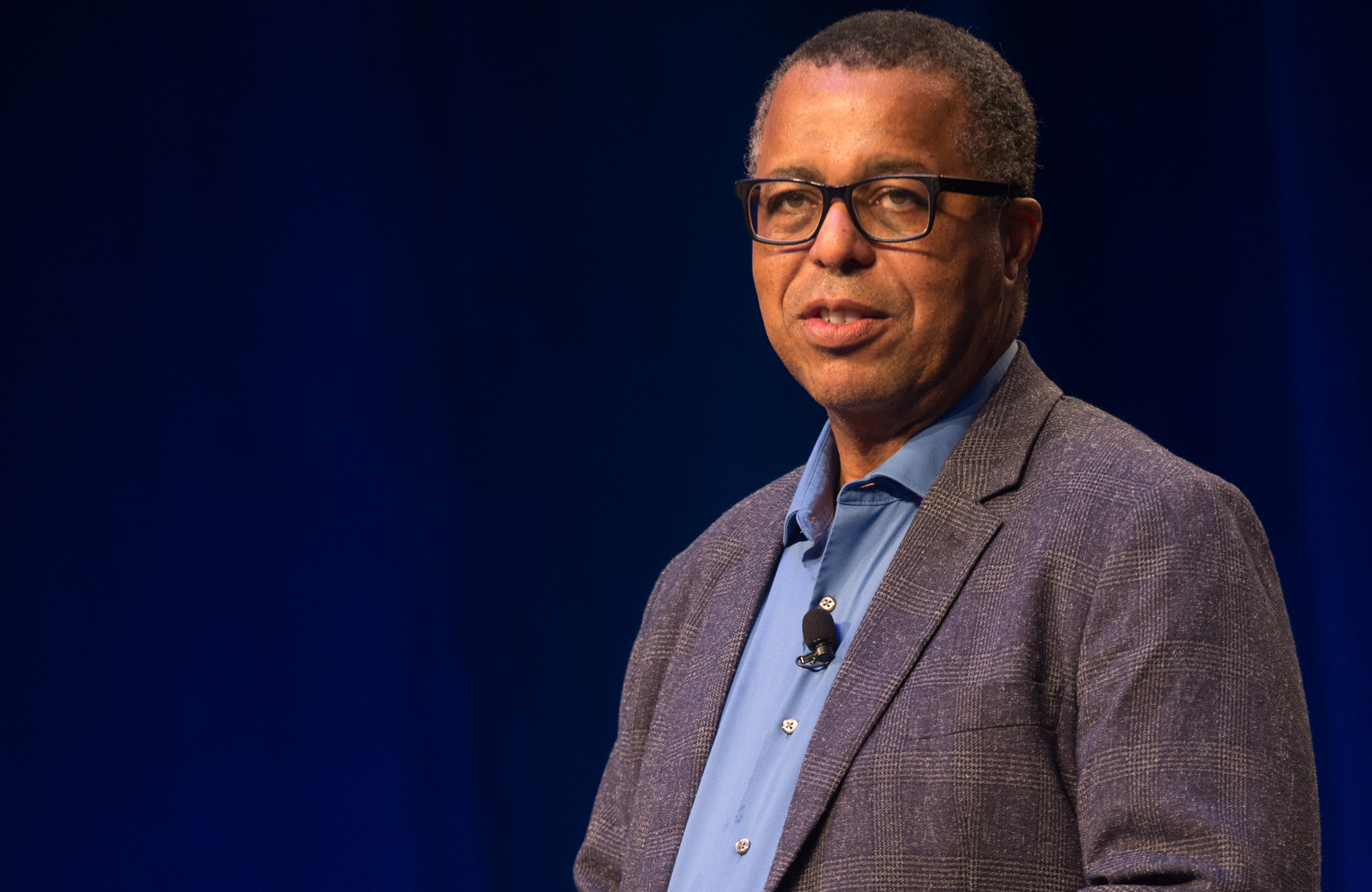
Ken Washington
The Tapia Conference concluded with a banquet, awards ceremony and dance party. The featured banquet speaker was Dr. Ken Washington, Chief Technology Officer, Ford Motor Company. He leads Ford’s worldwide research organization, overseeing the development and implementation of the company’s technology strategy and plans, and plays a key role in the company’s expansion into emerging mobility opportunities. The awards ceremony featured the winner of the Best Doctoral Consortium presentation, the winners of the ACM Student Research Competition Poster awards, and the Tapia Poster Awards.
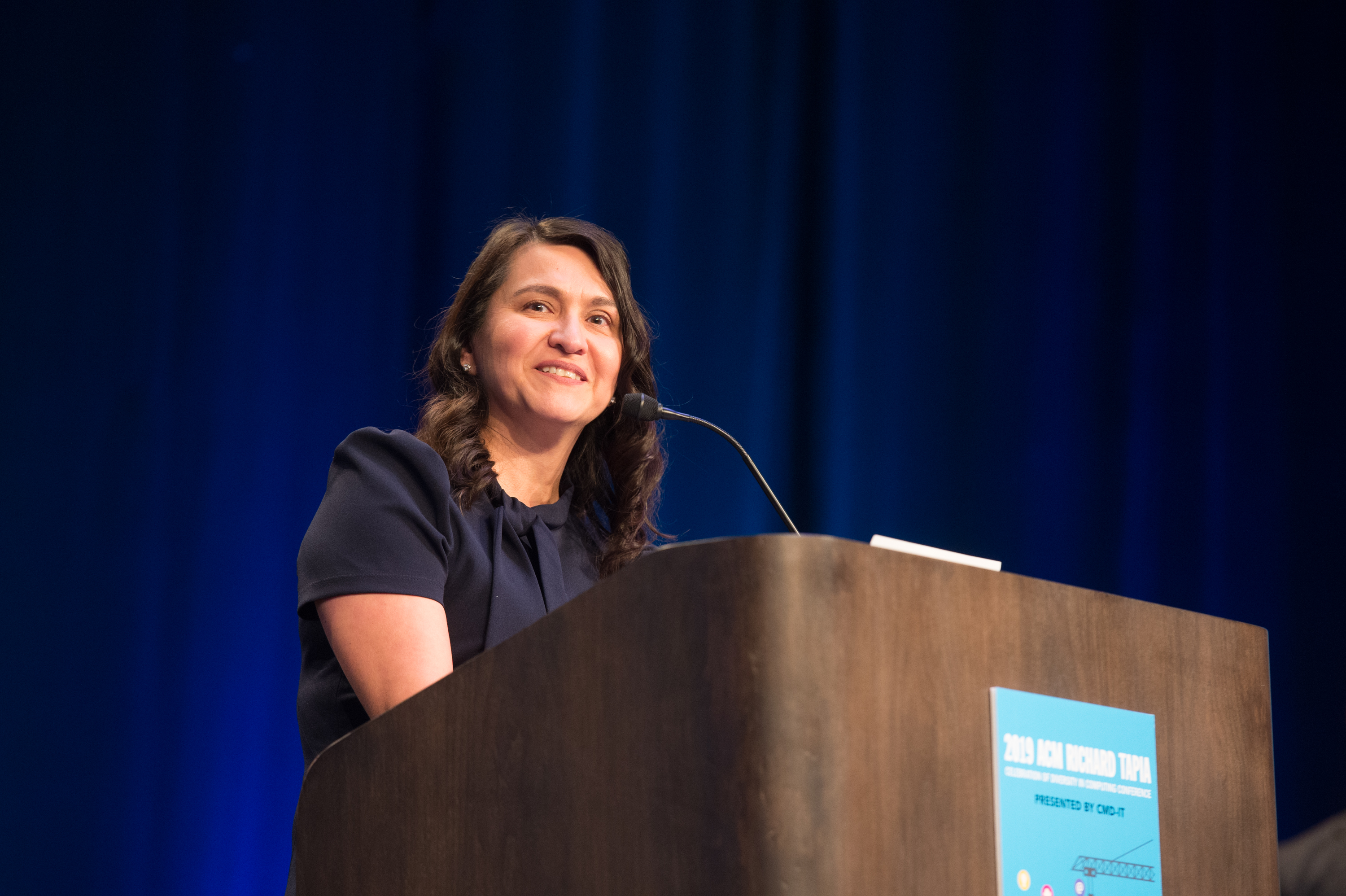
Cristina Villalobos
The awards ceremony ended with the presentation of the Richard A. Tapia Achievement Award for Scientific Scholarship, Civic Science and Diversifying Computing, which is an award recognizing an individual who demonstrates significant leadership, commitment and contributions to diversifying computing. The 2019 winner of the award was Dr. Cristina Villalobos, who holds the Myles and Sylvia Aaronson Endowed Professorship in the School of Mathematical and Statistical Sciences at the University of Texas Rio Grande Valley and is the Founding Director of the Center of Excellence in STEM Education, which focuses on strengthening STEM academic programs and providing resources for the academic and professional development of faculty and students, and in increasing the numbers of underrepresented students attaining STEM degrees.
Next year’s Tapia Conference will be held in Dallas Texas, September 16-18, 2020. Academics and industry professionals interested in volunteering on a conference committee should email jerri@cmd-it.org. To learn more about the conference go to www.tapiaconference.org.
About the Author
Jerri Barrett is the Director of Social Media for the Center for Minorities and People with Disabilities in IT (CMD-IT). Prior to CMD-IT Jerri was the VP of Outreach for the SENS Research Foundation, and VP of Marketing for the Anita Borg Institute. Before that Jerri spent 20 years in high tech and telecommunications marketing for companies such as Rochester Telephone, Glenayre Technologies, Nortel Networks and HighWired. Jerri earned a Bachelor’s degree from Mount Holyoke College and an MBA from the William E. Simon School of Business Administration.








